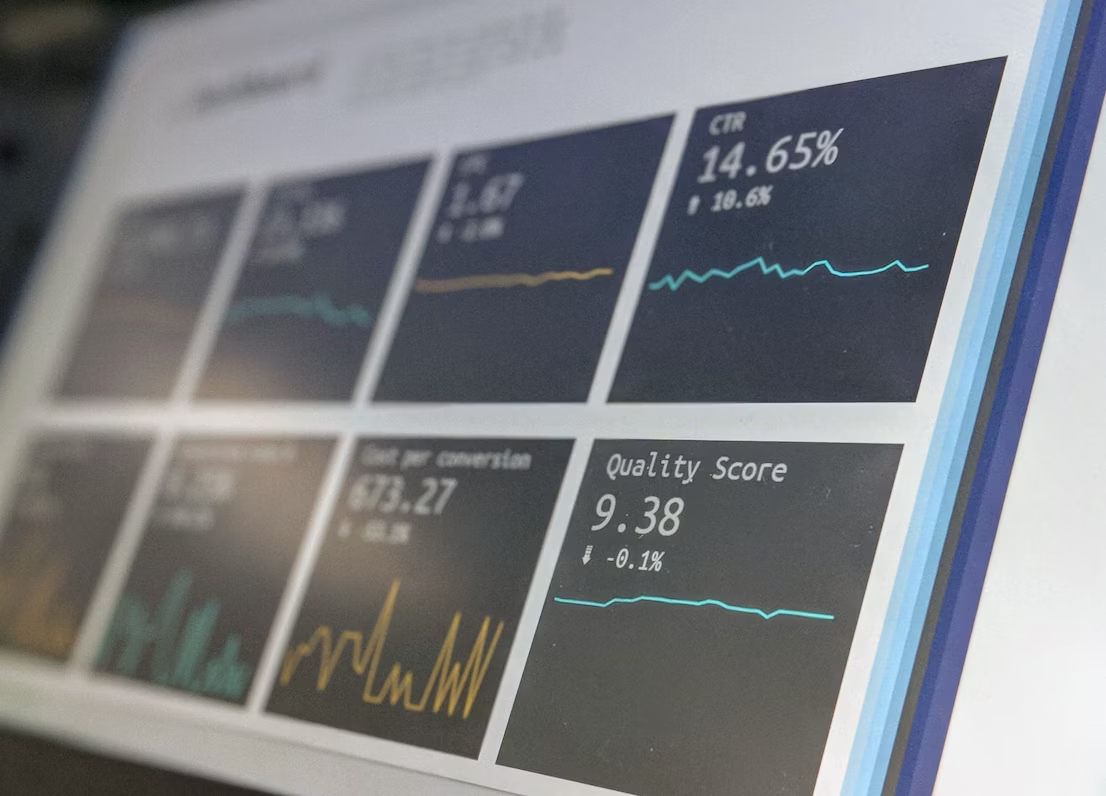There's no denying it—sustainability in theater production is gaining momentum. As an industry, we're becoming more aware of our environmental footprint and are taking steps to reduce it. This blog post is your practical guide to eco-friendly stage management and sustainable theater production.
1. Evaluate current environmental impact of your production
Before we can even begin to discuss sustainability in theater production, we must first address the elephant in the room: our current environmental impact. It's easy to overlook this, but every production—big or small—leaves an environmental footprint.
How, you might ask?
- Energy usage: From lighting to sound to HVAC systems, energy consumption is often high in theater productions.
- Material waste: Sets, costumes, props—these all require materials that often end up in the landfill after the final curtain call.
- Transportation: Think about how your cast, crew, and audience get to your theater. Are they driving, biking, using public transportation?
So, the first step towards sustainability in theater production is to understand where you stand. Conduct an audit of your current practices and identify areas where you could reduce your environmental impact. You might be surprised by what you find. Are you leaving lights on overnight? Are you using energy-intensive equipment? Are you disposing of set materials correctly?
Once you have a clear picture of your current practices, you can start taking steps towards a more sustainable theater production. It's not about making massive changes overnight—it's about small, incremental steps that, over time, can make a big difference.
Remember, every step towards sustainability in theater production is a step in the right direction. So, are you ready to make a change? Your journey towards a more sustainable theater production starts now.
2. Adopting Sustainable Materials for Set Design
Creating a captivating set is a vital part of every theater production. But did you realize that the materials used for set design can play a significant role in the sustainability of your production? Let’s explore how.
- Reclaimed Wood: Instead of buying new, consider reclaimed wood for your sets. Not only are you helping to reduce waste, but you're also giving a second life to materials that would otherwise be discarded. Plus, reclaimed wood often has a unique character that can add a special touch to your production.
- Recycled Metals: Aluminum, steel, copper — these metals can all be recycled and reused in your set design. And the best part? It's a cost-effective option that can help you save on production costs while promoting sustainability in theater production.
- Bio-based Plastics: If plastic is a must for your set design, consider bio-based plastics. Made from renewable resources such as corn, sugarcane, or even algae, these plastics are a greener alternative to petroleum-based plastics.
- Eco-Friendly Paints: Conventional paints can contain harmful chemicals. Eco-friendly paints, like those from brands such as Green Planet Paints or ECOS Paints, are a better choice. They’re low in volatile organic compounds (VOCs) and are less harmful to the environment.
By adopting sustainable materials for set design, you're not just creating a world for your actors and audience to step into. You're also shaping the future of sustainability in theater production — one set at a time. So, next time you're planning your set design, why not think green?
3. Implement energy-efficient lighting and sound
After you've evaluated your current environmental impact, the next stage in enhancing sustainability in theater production is to focus on your lighting and sound. These two key elements of any show can also be significant energy consumers. But, with a few mindful adjustments, you can reduce their impact without compromising on quality.
Switch to Energy-Efficient Lighting: Traditional tungsten lights have been the go-to for theater productions for decades. However, they are notorious energy guzzlers. Have you ever considered swapping them out for LED lights? LEDs use less energy and have a longer lifespan, reducing both your energy consumption and waste.
Invest in Energy-Efficient Sound Equipment: Just like lighting, sound equipment can also be an energy hog. Opting for energy-saving sound systems can help trim down your energy usage. You don't need to replace all your equipment overnight. Gradually introducing energy-efficient alternatives as older equipment reaches the end of its lifespan can be a cost-effective way to make the switch.
Control Systems and Timers: Don't you hate it when you realize you've left the lights on long after rehearsals have ended? Automated control systems and timers can help manage your energy usage more effectively. This way, you not only conserve energy but also save on your bills—a win-win situation, right?
Remember, these are just a few measures you can take. There's no one-size-fits-all solution, and what works for one production may not work for another. You know your theater best, so use this knowledge to implement changes that align with your unique circumstances. Every effort, big or small, brings us one step closer to achieving sustainability in theater production. So let's keep the ball rolling, shall we?
4. Promoting Recycling and Waste Reduction in Theater Operations
Taking the center stage in our journey towards sustainability in theater production, let's address recycling and waste reduction. The backstage of any theater production can be a hub of waste — from food waste in the breakroom to discarded set pieces. But fear not, there are easy ways to flip the script on this issue.
Create a Recycling Program: Start off on the right foot by implementing a recycling program backstage. Equip all areas with recycling bins for paper, plastic, or other recyclable materials. The more accessible you make recycling, the more likely it is that cast and crew will participate.
Repurpose Set Materials: Don't let old sets go to waste. Instead, get creative and find ways to repurpose materials for future productions. Old wood can become new props, or fabric from costumes can find new life in different scenes. The iconic phrase, "what's old is new again" rings true here!
Donate or Sell Unused Materials: If repurposing isn't possible, consider donating or selling unused set materials, costumes, and props. Schools, community theaters, or local artists may be grateful for these resources. It can be a win-win situation, reducing waste and supporting local arts.
Food Waste Reduction: Finally, tackle the issue of food waste. Encourage cast and crew to bring their own reusable utensils and containers. You could also partner with a local composting company to deal with any unavoidable food waste.
By promoting recycling and waste reduction, your theater operations can become a shining example of sustainability in theater production. It's not just about putting on a great show — it's about doing it in a way that respects and preserves our environment. So, are you ready to take a bow for your eco-friendly efforts?
5. Encouraging Eco-Consciousness Among Cast and Crew
Riding on the wave of improved sustainability in theater production, our attention now shifts to the star performers: the cast and crew. Remember, every individual can play a part in this grand production of eco-friendliness.
Eco-Education Sessions: Knowledge is power. Consider organizing educational sessions on sustainability. This could include tips on reducing personal waste, conserving energy, or understanding the environmental impact of different materials. The more informed the cast and crew are, the more they can contribute to sustainability in theater production.
Green Room Initiatives: Yes, even the sacred space of the green room can play a part! Encourage the use of reusable water bottles and coffee cups. Switch to eco-friendly cleaning products. Every small step can make a big difference.
Eco-friendly Transportation: Encourage carpooling or the use of public transportation for rehearsals and shows. Not only does it reduce carbon emissions, but it also fosters camaraderie among the team!
Incentivize Sustainability: People love rewards, right? So, why not incentivize sustainability? Offer rewards or recognition for those who demonstrate exceptional commitment to eco-friendly practices. It could be as simple as acknowledging them in a team meeting or as grand as a 'Green Star' award at the end of the production.
By encouraging eco-consciousness among your team, you are not only contributing to a greener planet, but also creating a culture of care and responsibility. This green culture can be your theater's unique selling point, making you stand out in the world of theater production. After all, who wouldn't want to be part of a show that entertains and cares for the planet at the same time?









